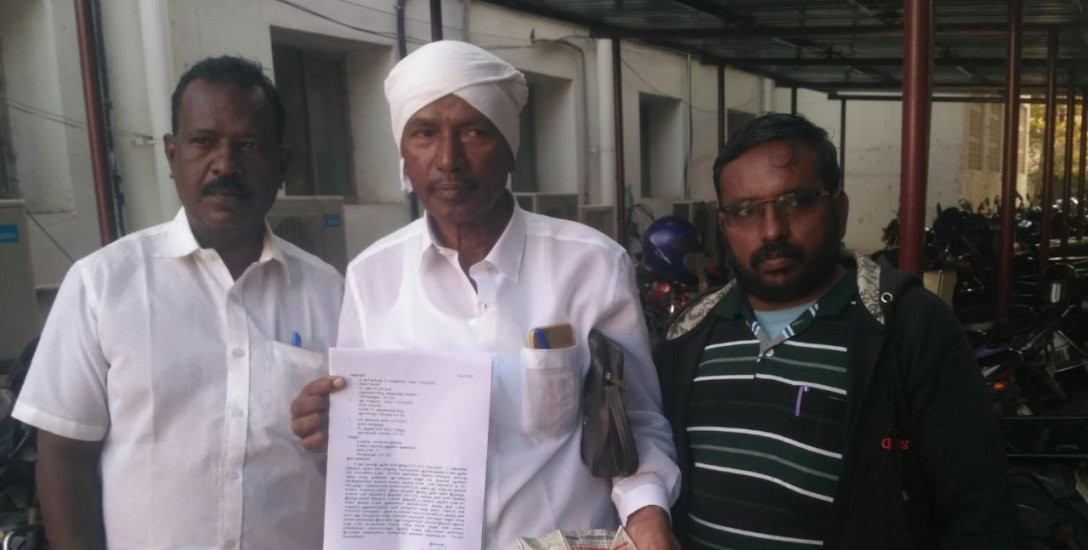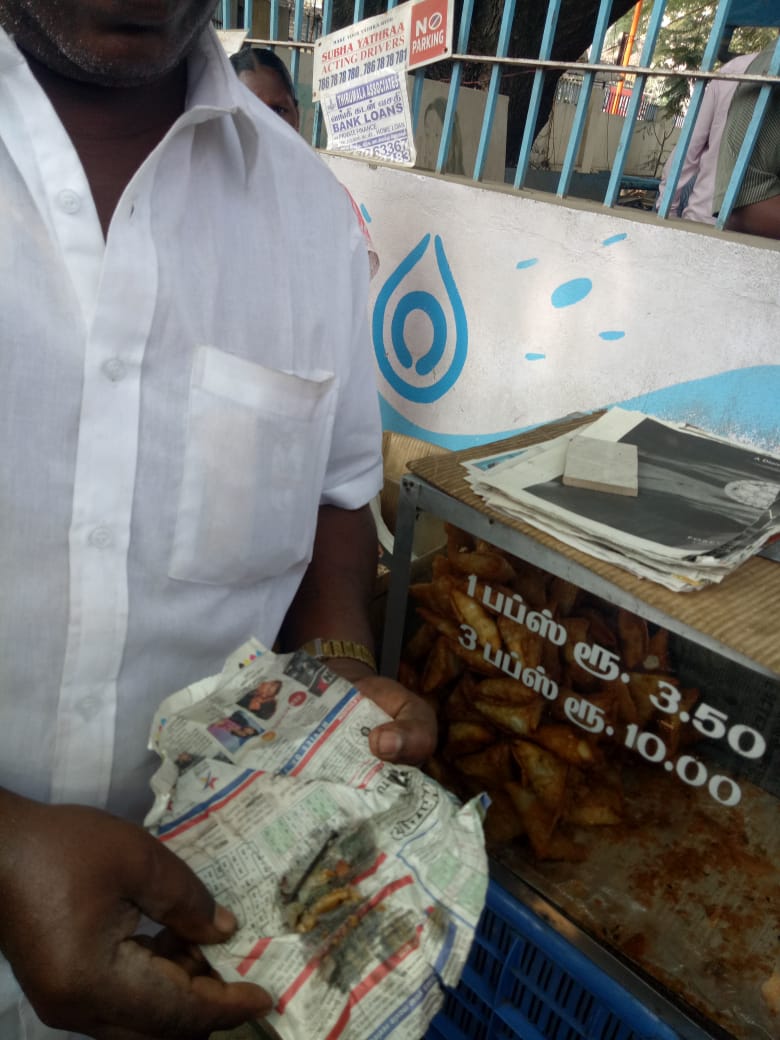Mysuru: After finding that only around 30% of eateries in the city run without permission, the health department has taken up a massive drive to identify such establishments and bring them under the ambit of trade licence. Department officers have already started issuing notices to such eateries across the district.
In the notice, the health department stated that as per the Food Safety and Standards Act 2006 and Rules 2011, it is mandatory to have trade licence for establishments with an annual turnover of over Rs 12 lakh and registration for those with less than Rs 12 lakh. The act covers all the establishments including food manufacturers, hotels, bakeries, sweet stalls, wine stores and bars, restaurants, canteens, clubs, canteens, food malls, roadside vendors, dhabas, wedding halls, fruits and vegetable vendors.
A district health department officer told TOI that some owners, especially in the rural areas, fail to apply for license due to lack of knowledge about the rules. However, there are people who deliberately avoid taking licenses.
“It is like starting from zero. We have taken up the drive to make the traders apply for license. From 2011, we are intimating the traders for license and registration. Till 2014, traders were prompt in taking license, but due to lack of strict implementation of rules, traders started to show negligence. Now, we are starting the drive from the beginning,” officers said.
Authorities stated that in the MCC limits, only 10% of the establishments possess license. “This time, we are very strict and have been issuing notices. If the trader does not respond positively, we will take legal action. We will call squad from the state and levy hefty fine or close the establishments,” officers said.
The health department has initiated the drive by deputing district surveillance officer Dr Kusuma to cover the district and district vector-borne disease control officer Dr S Chidambar the MCC limits.
Chidambar told TOI that the problem is with the hotel and bakery associations who refuse to obtain license and argue with officers.
He said that the problems regarding the hotels, bakery and street vendors have been brought to the notice of higher authorities. “Despite resistance from hotels and bakeries, we have managed to increase the percentage of license holders from 15-20% to 30%. This time, legal action will be initiated for failing to possess license,” he said.



